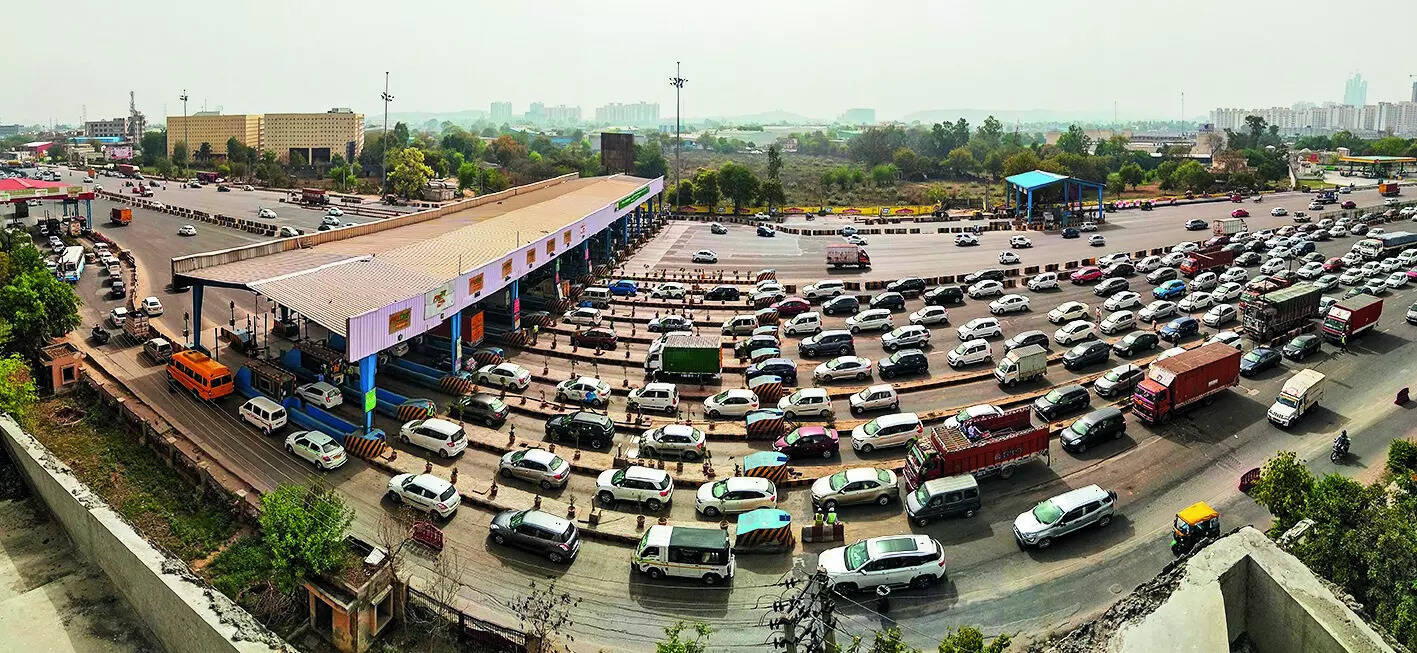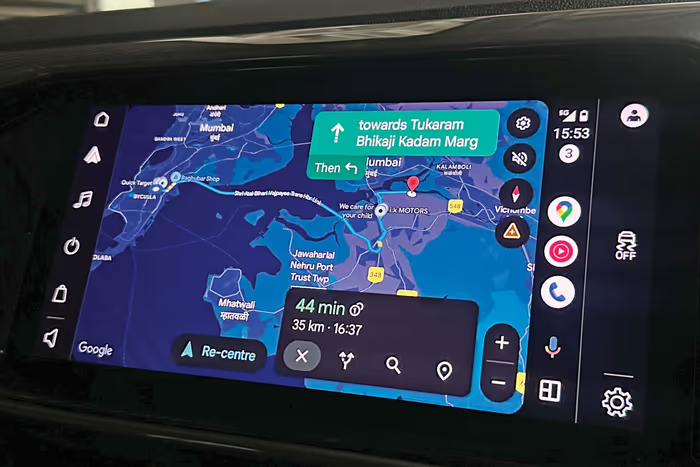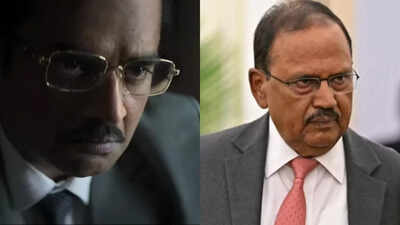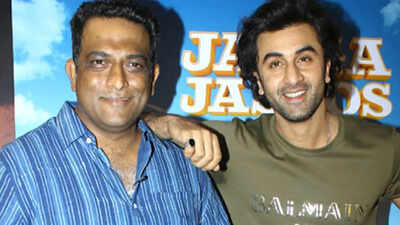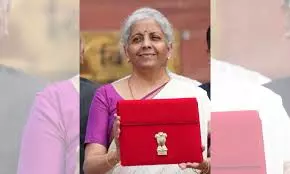
The criticism of the various sections of the Opposition, including Leader of Opposition in the Lok Sabha Rahul Gandhi, besides Congress president Mallikarjun Kharge, Trinamul Congress supremo Mamata Banerjee and others, that politics laid the broad contours of the Union Budget presented by the finance minister in Parliament on Tuesday, is unfair. While the subject of national finances, taxation, resource allocations and policies around these together comprise the branch of political economy, there has never been a single apolitical Budget in the history of Independent India, so such an allegation is peculiarly selective.
Taxation, the fundamental and permanent feature of any Budget, is driven by ideology. There is almost no justification to it, save the political view that the rich must pay for the upkeep of
the poor, and that, within a nation, state, region, or geography, a government is obliged to enforce such redistribution of wealth. Each Budget is an exercise in defining the priorities of a government, and people. This might include sectoral allocations — agriculture, education, industry, energy and electricity, healthcare, defence and infrastructure — breaking these down further into roads, railways, airports, ports, and so on or be classified based on beneficiary — farmers, women, youth, senior citizens, physically challenged and minorities. The distribution can be based on states even, and legitimately.
whole.
Pradesh and Bihar, why not? Different states, at different times, and for different reasons, have been given allocations that might have been dubbed unfair or discretionary. Take the examples of Kashmir, Uttar Pradesh, Bihar, Maharashtra and Gujarat. Let us not be guided by convenient logic.
Criticise the budget by all means, but not on the basis of regional bias or compulsions of power politics. So what if this is a ‘kursi bachao’ Budget?







;)







